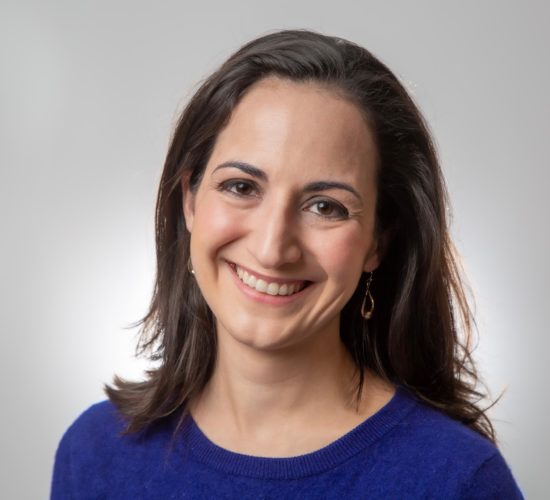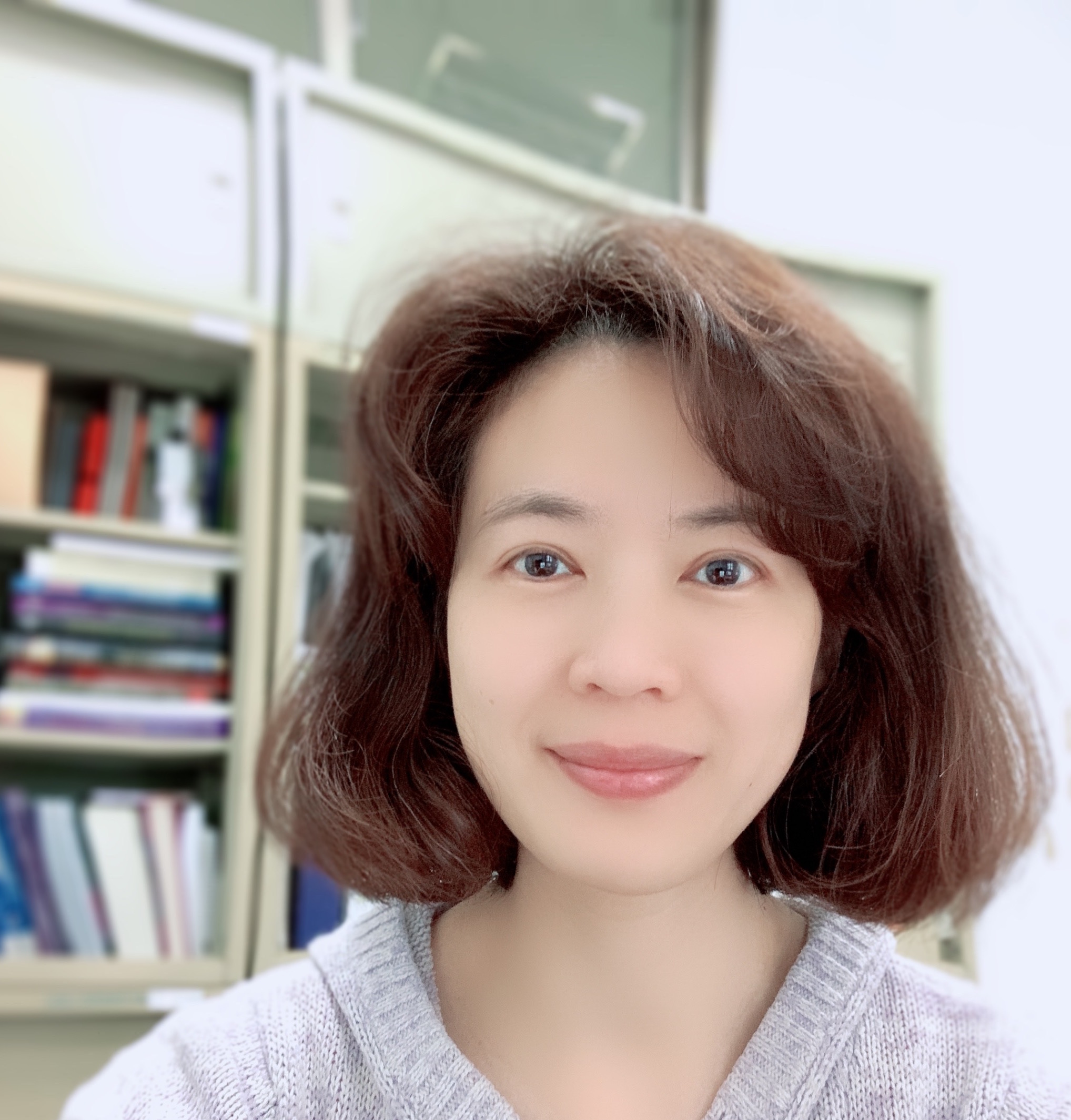Since the inception of our Korean Ancestry Grants and our Foundations of Language Fellowships grants, many individuals have had the opportunity to pursue master’s and doctoral degrees. Let’s see where they are now.

Kaitlyn Tagarelli is currently the Head of Research at Mango Languages, an online language learning company. After receiving her PhD in Linguistics from Georgetown University in 2014, she pursued postdoctoral training in Psychology and Neuroscience at Dalhousie University in Halifax, Canada. Her postdoc was funded by a research-industry partnership with a local animation studio, aimed at designing evidence-based language learning apps for children and adults. This work complemented her research at Dalhousie on language learning and processing, mainly using event-related potentials (ERPs). She taught classes in psychology and linguistics at SUNY New Paltz before joining Mango Languages as a Linguist in 2019.
University of Illinois at Urbana-Champaign / Psychology
Chia-lin Lee is an associate professor in the Graduate institute of Linguistics at National Taiwan University, where she also has joint appointments with the Department of Psychology and Graduate Institute of Brain and Mind Sciences and is a member of the Neurobiology and Cognitive Neuroscience Center. Chia-lin Lee received her PhD degree from the University of Illinois at Urbana-Champaign under the supervision of Kara Federmeier, and completed her post-doctoral training at the Moss Rehabilitation Research Institute, working with Laurel Buxbaum. Recent investigations in Chia-lin Lee’s lab focus on understanding the predictive processing in the brain, the collaborative nature of the two hemispheres during language processing, and how these processes are affected by cognitive aging.
More information about Chia-lin Lee’s lab can be found at http://blplab.linguistics.


Program Manager
Human and Machine Intelligence
Dr. Mike Wolmetz is a Cognitive Scientist and the founding Program Manager of the Human and Machine Intelligence Program, which focuses on basic and applied intelligent systems research at the intersection of machine learning, cognitive science, and neuroscience to enable better, faster, trusted decisions for national security applications. He received a B.S. in Computer Science from Yale University and a Ph.D. in Cognitive Science from JHU, and completed a postdoctoral fellowship in the JHU Electrical and Computer Engineering Department before joining the JHU/APL Research and Exploratory Development Department in 2013. He has received several JHU/APL honors including the Hart Prize for Best Research Project and Invention of the Year, and currently serves on the JHU Science of Learning Institute steering committee and the Editorial Board of Frontiers in Psychology.
Associate Professor, Psychological Sciences
Director of the Cognitive Science Program
Simon Fischer-Baum is an associate professor of Psychological Sciences at Rice University, where he is also the Director of the Cognitive Science program and the associate director of the T.L.L. Temple Foundation Neuroplasticity Laboratory. His research group on understanding literacy looking at the kinds of mistakes people make when they read and write and at patterns of brain response when we read and write words, studying a variety of different scripts – English print and Braille, Chinese logographs – and populations, including the careful investigation of how the reading system reorganizes following brain damage to the reading network. His work is currently funded by the National Institutes of Health, the National Science Foundation and the Institute of Education Science at the Department of Education, and he has been named a Rising Star by the Association for Psychological Science and received a CAREER award from the NSF.
